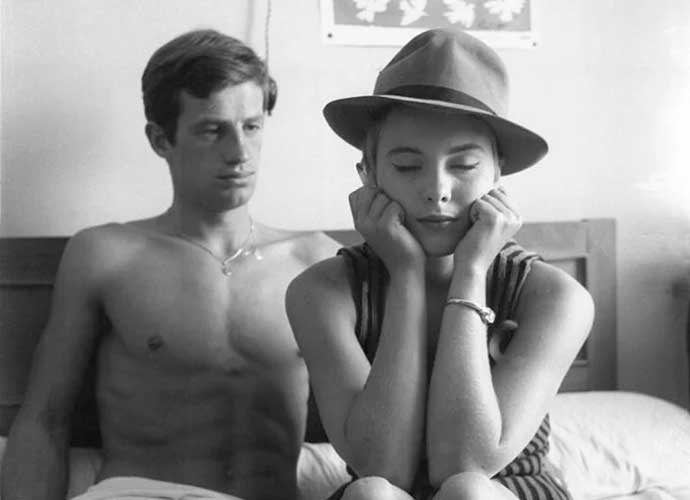Jean-Luc Godard, Pioneering French New Wave Film Director, Dies At 91
Jean-Luc Godard, the French-Swiss director who was one of the most revolutionary filmmakers of the 20th century, died in Rolle, Switzerland at the age of 91. His family said that he died peacefully in an assisted suicide procedure surrounded by his loved ones.
IN MEMORIAM 2022: 100 GREAT CELEBRITIES WHO DIED THIS YEAR!
The family did not specify what conditions Godard had been suffering from, and he has indicated his interest in assisted suicide in previous interviews. He was an influential film critic for the Cahiers du Cinéma through the 1950s while also shooting short films, and established himself as an exciting new film director with the 1960 film Breathless.
Jean-Luc Godard was born on December 3, 1930, in Paris, France to a wealthy family and quickly moved to Switzerland at the age of four after the outbreak of the Second World War. He was educated at a young age in Nyon, Switzerland and returned to France to attend secondary school at Lycée Buffon.
Godard said he gained an interest in movies as a teenager when he first read the publication La Revue du cinéma, and also was inspired by Andre Malraux’s essay Outline of a Psychology of Cinema. He also became a figure in the ciné-club (film society) scene, where people would screen and discuss films. This is where he met fellow future director François Truffaut.
His first contribution to Cahiers du Cinéma was a review of the 1950 film No Sad Songs for Me. One of his most acclaimed pieces of film writing is called Defence and Illustration of Classical Découpage, where he defended directors like Howard Hawks and the use of the shot-reverse-shot directing technique.
Godard’s extreme love and passion for cinema informed his films in style, plotting, and also in a bevy of references he would make to his favorite films in his own works. Breathless alone had references to directors like Ingmar Bergman, Samuel Fuller and Fritz Lang in its runtime.
The director was associated with the French New Wave, which was a group of filmmakers in the late 1950s and early 60s known for films that were shot in almost a documentary style, incorporated long camera takes and experimental editing, and often included ambiguous narratives that didn’t neatly wrap up in the end.
Godard’s films became increasingly political, with Marxist philosophy being especially integral to many of his early works. He also made several films that contained anti-Vietnam War messages and distinct criticisms of American hegemony.
He also pushed against his industry at times, protesting the 1968 Cannes Film Festival in solidarity with students and workers, and criticizing the prestigious festival for not including any films that represented workers’ causes.
Godarks continued making films until the end of his life and even released two Avant-garde video essays with some of his musings on the art form he dedicated his life to, Goodbye to Language and The Image Book, in the 2010s.
RELATED ARTICLES
Get the most-revealing celebrity conversations with the uInterview podcast!






Leave a comment